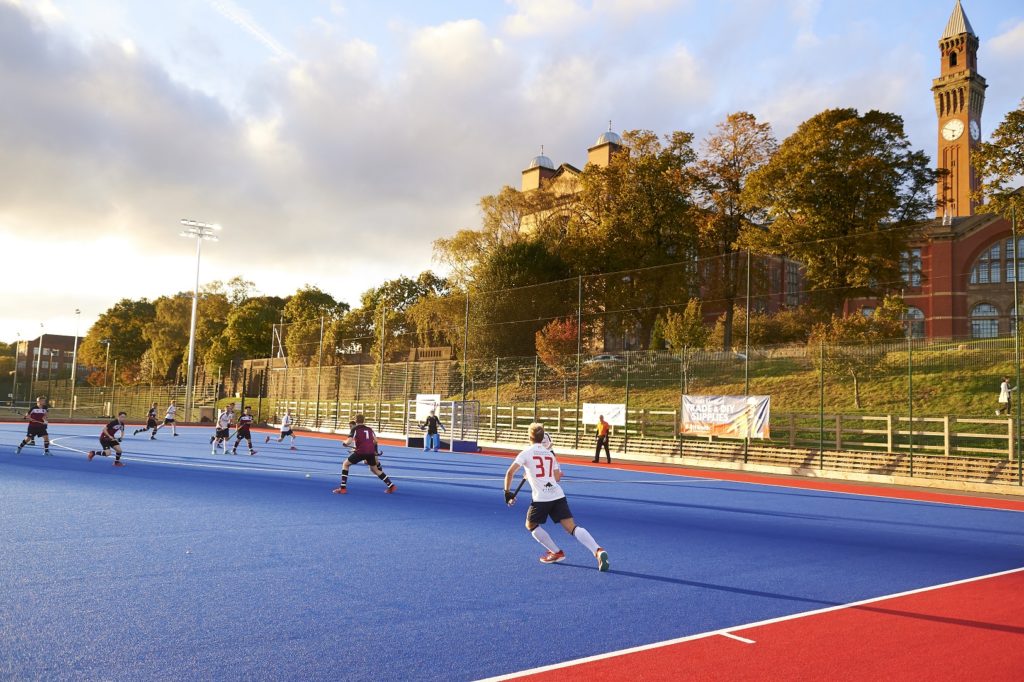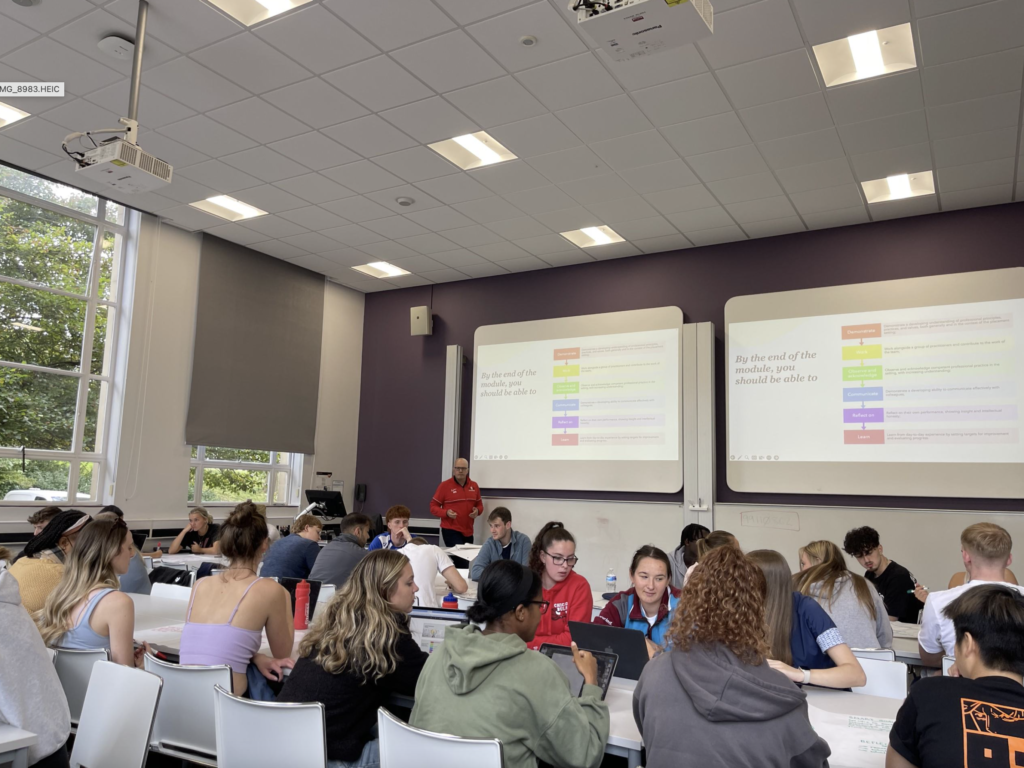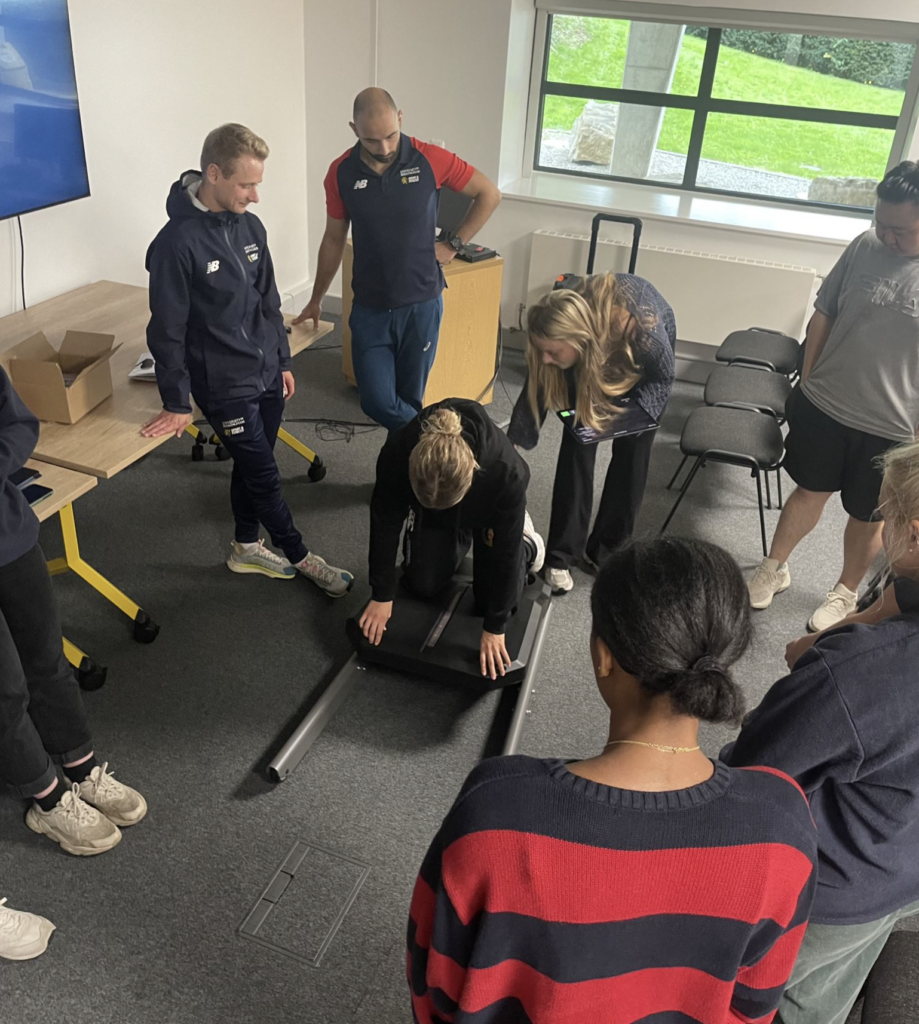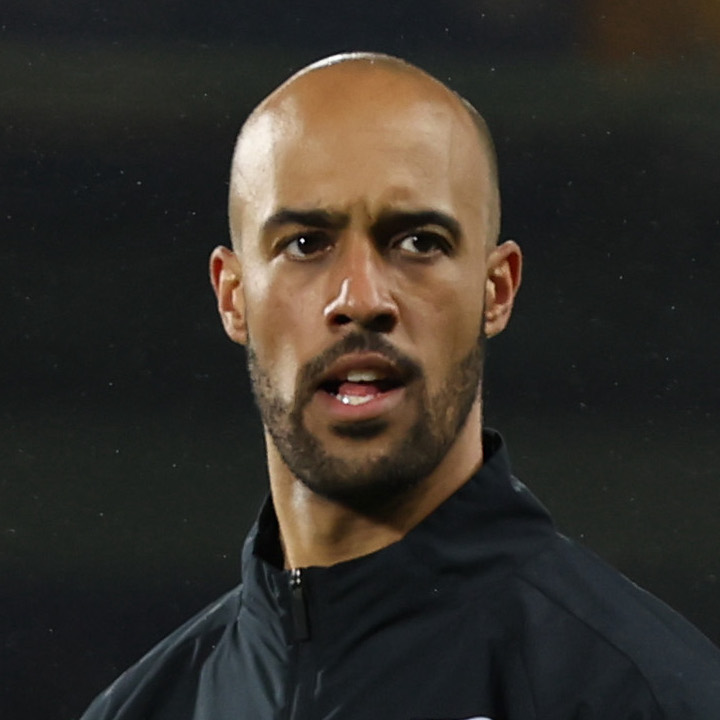by Daniel Lothian
A group of University of Birmingham Sport Science students have shown outstanding dedication as they returned to campus early this academic year, stepping onto the field during preseason to provide physiology support to two of the university’s flagship sports teams: Hockey and Rugby Union.

These proactive second year undergraduate students have embarked on a transformative journey, immersing themselves in a year-long applied practice module called Applied Professional Practice (APP). Their first steps into action since the intensive student training week over the summer, which was methodically designed to prepare them for the demands of hands-on applied work.
These students were selected to work alongside the two important team sports teams from mid-July, a whole two months before the majority of students returned for welcome week, kickstarting preseason and marking the beginning of their assignment to enhance their applied practice and improve athletic performance. As integral members of a multi-disciplinary team (MDT), they were tasked with providing essential sport science support.
Their initial focus extended beyond the realm of numbers and data. These students understood that establishing strong bonds with players and staff in the first instance and becoming seamlessly integrated into their respective teams was paramount to their long-term effectiveness. Their early arrival was a strategic move to not only ensure that the students embedded themselves in the culture of the teams, but also to demonstrate they could serve as a vital reference point for all things related to physical preparation within the MDT.

From day one, the students also wasted no time in putting their sport science support into practice. They initiated GPS data collection using the Catapult system from the very first sessions. The introduction of GPS technology at every training session and game for both the Rugby and Hockey teams marks a pivotal step. This real-time data collection will prove essential going forwards, enabling the students to compile a valuable source of information. This data will be instrumental in analysing various aspects of performance, from evaluating the success of preseason training periodisation to closely monitoring the training load of individual athletes. The next phase for these placement students involves delving into this growing dataset, using it to address critical questions surrounding training volume and load management.
In addition to GPS monitoring, the students introduced a comprehensive program of warm-ups, recovery sessions, and conditioning sessions all aimed at optimizing the athletes’ performance during the demanding preseason period. Baseline physiological testing also commenced, underpinned by an insightful VALD onboarding session.

Dr. Liam Anderson, a key figure in the GSSPP and the applied practice initiative, coordinated a VALD Workshop for the Applied Sport Science students. This workshop equipped them with proficiency in handling VALD equipment, including the Nordbord, ForceFrame, and VALD SmartSpeed timing gates. These tools will prove invaluable as applied students continue to collect baseline measurements during their placements.
The early return of this dedicated group of students during preseason demonstrates their commitment to high-level support in applied sport science. Their contributions not only impact the immediate status and success of the Rugby and Hockey teams but also lay the foundation for their own promising careers in the exercise physiology sector.
Their enthusiasm in enhancing athletic performance epitomises the commitment of the broader sport science community to continuously push the boundaries of human achievement in sports whilst developing themselves into the next generation of applied practitioners.

D.T.Lothian@bham.ac.uk
